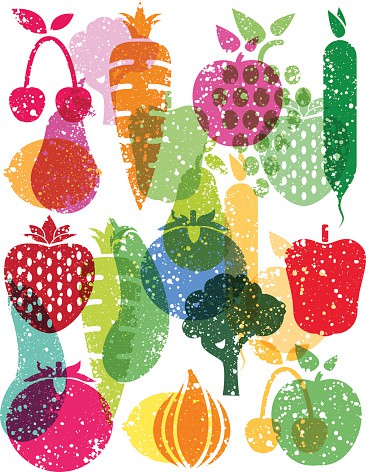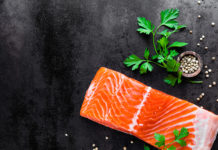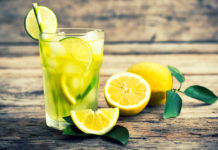
By Lisa Cantkier, Holistic Nutritionist
Why eat organic?
It’s true that organic food is often more costly, however, I believe it’s worth every penny. It’s not doable all the time, but I think if we choose organic when we can, we’re doing a lot more good for our bodies and environment than we realize. Each time we buy organic, we make it a priority for our economy. Cooking your own food and doing some home gardening can help with the cost of buying organic.
When I research the amount of chemicals that get added to our food supply, it makes me feel sick, particularly when I consider those with compromised immune systems, the elderly and children and toddlers. The toxins Health Canada deems to be safe and acceptable is truly questionable, particularly when we look at a wide range of chronic diseases on the rise.
Each time we eat organic, we support our environment, sustainability, and the farmers who have worked so hard to nourish us with real, clean, whole foods. When you choose organic food, you take in approximately 20 per cent more nutrients than you otherwise would. By going organic, you also eliminate foods that have been processed using industrial solvents, irradiation, or genetic engineering (GMOs). With respect to animal protein, you eliminate carcinogenic hormones and synthetic nitrites.
Organic food selection means we eliminate the ingestion of carcinogens like synthetic additives, dyes, chemical fertilizers and pesticides. According to the David Suzuki Foundation, pesticides are particularly toxic. Many have been linked to a range of health problems, including cancer and hormone disruption. This is why “the dirty dozen” and “the clean fifteen” lists have been created for us.
Which foods are most contaminated by pesticides?
According to the Environmental Working Group, the dirty dozen and the clean fifteen refer to the lists of fruits and vegetables that are the most and least contaminated by pesticide use. You can refer to these lists when grocery shopping, as they help you determine which foods you should be more careful about. These lists can help us make good choices for your health and our planet.
The dirty dozen includes many foods that have thinner skins. Print these lists below, and keep them handy for shopping trips. Consider going more organic if/when you are able, for the reasons above.
The Dirty Dozen (in order of most contamination)
Apples
Celery
Sweet bell peppers
Peaches
Strawberries
Nectarines
Grapes
Spinach
Lettuce
Cucumbers
Blueberries
Potatoes
The Clean 15 (in order of least contamination)
Onions
Sweet Corn (it is preferable to eat organic corn due to GMOs)
Pineapples
Avocado
Cabbage
Sweet peas
Asparagus
Mangoes
Eggplant
Kiwi
Cantaloupe
Sweet potatoes
Grapefruit
Watermelon
Mushrooms
(Source of lists: The David Suzuki Foundation)













